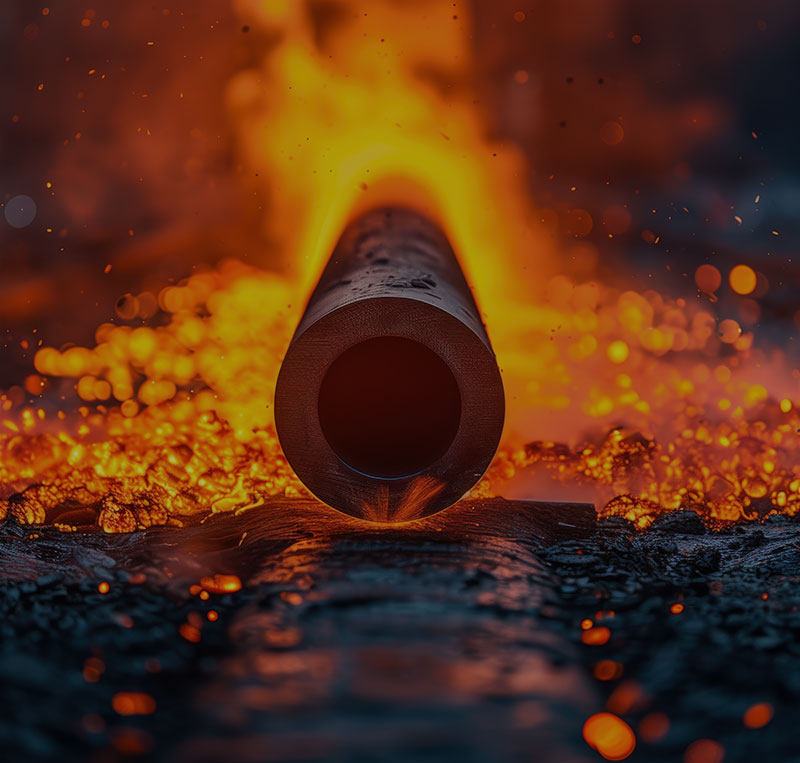Recyclability of Drainage Systems: Fact-Based Decision Support for Material Selection
New EPEA study now available
Sustainability begins with choosing the right materials. A recent study by the environmental research and consultancy institute EPEA GmbH – Part of Drees & Sommer – reveals significant differences in the actual recyclability of various pipe materials.
This evidence-based study analyzes and compares the recyclability of cast iron pipes and multilayer plastic pipes used in building drainage systems, with a particular focus on practical relevance, resource efficiency, and circularity.


